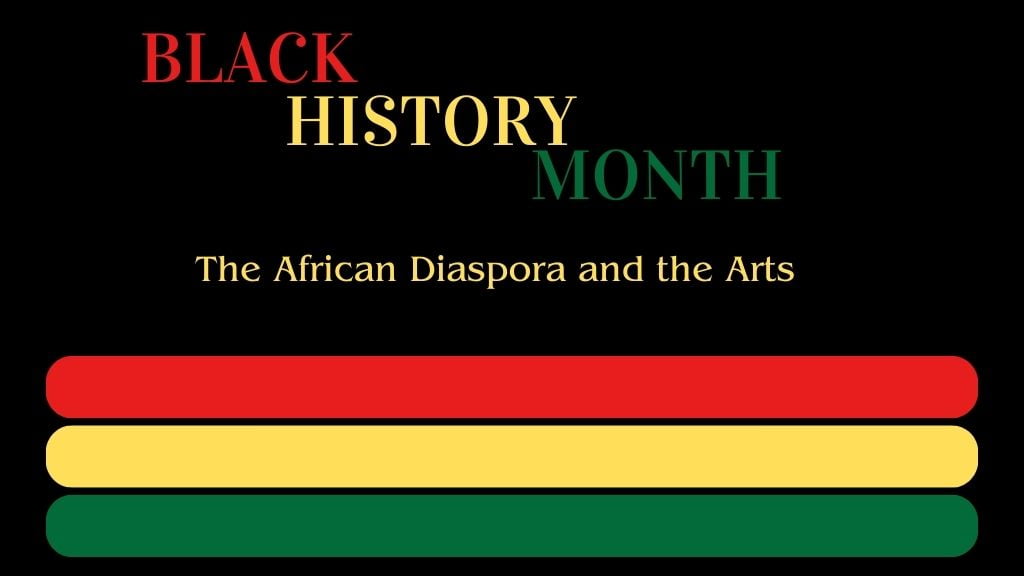As February unfolds, so does Black History Month—a time of reflection, acknowledgment, and inspiration. Beyond the surface-level festivities, it’s crucial to delve into the roots of this nearly century-old tradition, understand its significance, and explore meaningful ways to commemorate it.
The Genesis of Black History Month
The Visionary: Carter G. Woodson
Carter G. Woodson, often hailed as the “Father of Black History,” conceived the idea of “Negro History Week” in 1926. His mission? To create and popularize knowledge about the Black past.
Evolution from “Negro History Week” to Black History Month
Woodson’s journey, from forming the Association for the Study of Negro Life and History to the institutionalization of Black History Month in 1976, was marked by dedication and perseverance.
Presidential Endorsements: From 1976 to Present
Since President Gerald Ford’s inaugural proclamation, every U.S. president has endorsed the theme set forth by the Association for the Study of African American Life and History.
When is Black History Month?
The Non-Token Tribute
Evelyn Brooks Higginbotham emphasizes that Black History Month is not a token celebration but a special tribute—a time of ongoing activities throughout the year. READ MORE
Black History Beyond February
Black history permeates various mediums, from museums to literature, music, and cemeteries, ensuring its presence beyond the designated month.
Why February? The Birthdays that Matter
Frederick Douglass: The Abolitionist Icon
February aligns with the birthdays of two monumental figures—Frederick Douglass, the famed abolitionist who escaped slavery, celebrated on Feb. 14.
President Abraham Lincoln: The Emancipator
President Abraham Lincoln, born on Feb. 12, played a pivotal role in the abolition of slavery. Woodson strategically chose this month to align with existing Black community celebrations.
The Unrecognized National Freedom Day
Richard Wright’s advocacy for National Freedom Day, though not federally recognized, coincides with the start of Black History Month, symbolizing the anniversary of the 13th Amendment’s approval.
Commemorating Black History: How Can You Participate?
The 2024 Theme: African Americans and the Arts
Explore this year’s theme, decided by the ASALH since 1928: African Americans and the Arts.
ASALH Luncheons and Online Programming
Participate in ASALH-hosted luncheons and immerse yourself in online programming to gain a deeper understanding of Black history.
Smithsonian’s National Museum of African American History and Culture
Access a digital toolkit provided by the Smithsonian, celebrating Black individuals who have used art as a platform for social justice.
Digital Toolkit: Celebrating Art for Social Justice
Explore reading lists, online resources, and multimedia related to this year’s theme, ensuring a rich and diverse appreciation of African American achievements.
In-Person Gatherings, Festivals, and Performances
Discover local events and performances, recognizing that dates and times may vary by location.
Conclusion
As we navigate Black History Month, let us remember that it is not just a token gesture but a profound tribute. Embrace the multifaceted celebration, learn from the past, and be inspired to contribute to a more inclusive future.
